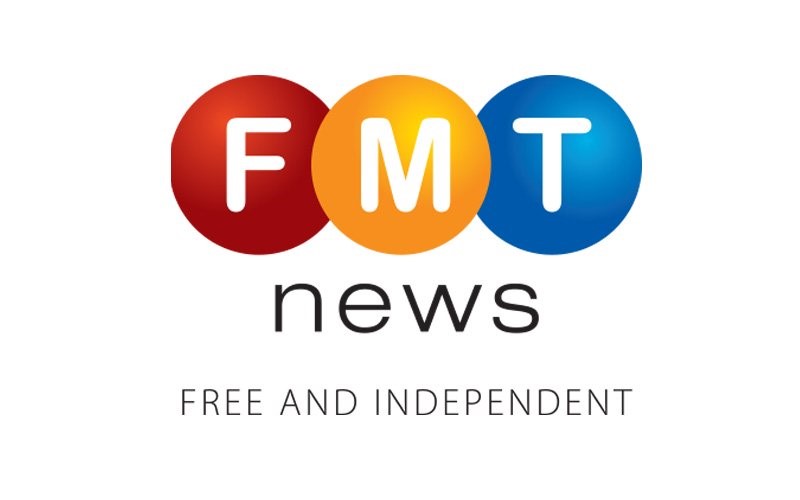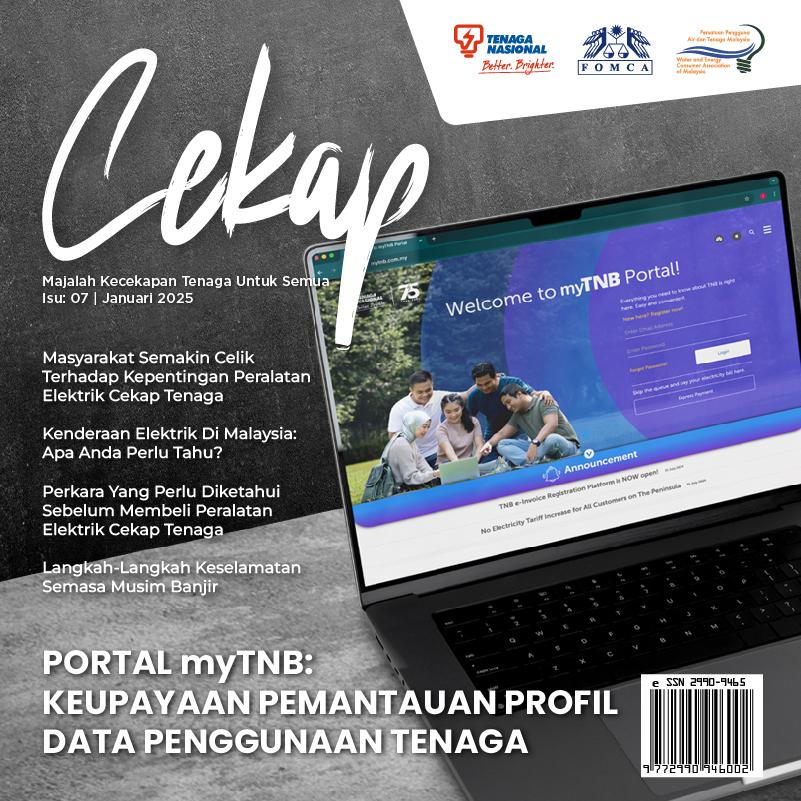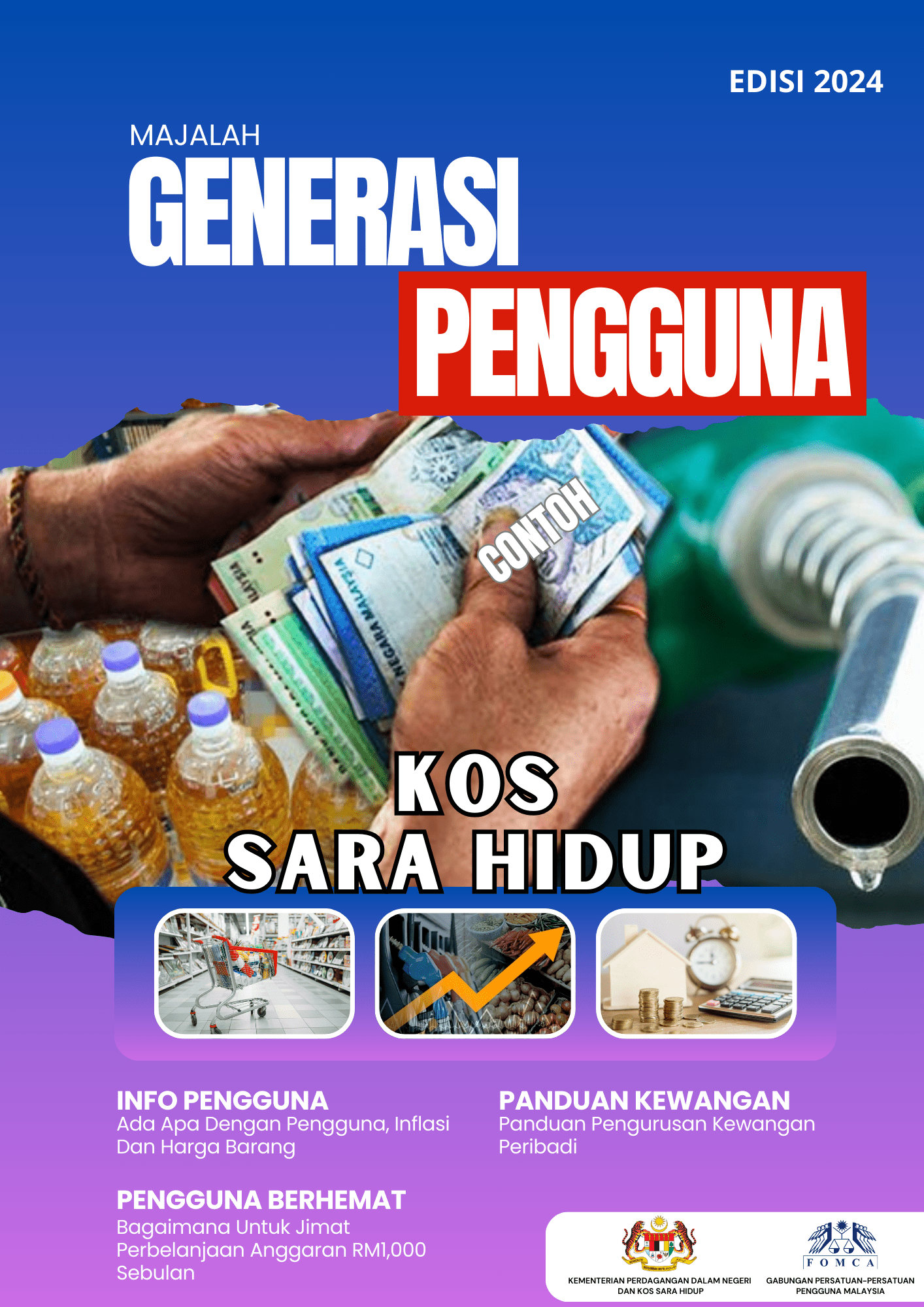 16 Mar 2023, 8:15am
16 Mar 2023, 8:15am
The central bank’s draft on a policy went largely unnoticed resulting in less diverse feedback especially from the grassroots.
Private health insurance serves as an important source of healthcare financing in Malaysia.
The public tend to purchase private health insurance with the expectation that it will allow them and their loved ones access to private health care, have shorter waiting times for acute care and elective procedures, preferential choice for provider of care, state-of-the-art medical technologies and latest treatment options, without enduring undue financial hardship.
Nonetheless, research conducted in Malaysia has shown that insured patients who are diagnosed with chronic diseases such as cancer still end up in financial distress.
Among the key issues that have been highlighted in prior studies are limited policy coverage for medical care (underinsurance), suboptimal reimbursement policies, claim disputes, long term nature of care, and inability of young cancer survivors or people living with HIV to purchase health insurance.
There have since been many calls for the government to regulate the private health insurance sector appropriately to ensure that it serves the public goals of universal coverage and equity.
The recent initiative by Bank Negara Malaysia (BNM) to regulate the industry is therefore a welcome move.
On Dec 30, the Financial Development and Innovation Department of BNM released an exposure draft outlining the updated requirements in the conduct of the medical and health insurance/takaful business.
The draft was made publicly available via the BNM website, and the public have been invited to provide written feedback on this exposure draft including clarifications, with the option of providing alternative proposals.
What was more encouraging is that the licensed insurance/takaful operators were also expected to respond to the specific questions in this exposure draft. The public have been given up till March 15 to respond to this call.
Sadly, many of the health stakeholders in Malaysia including healthcare professionals, academics, civil societies, patient support groups as well as patients were unaware of the release of the exposure draft by BNM on its website.
This represents a missed opportunity for co-creation, where input from the relevant stakeholders on a much needed reform of the private health insurance industry would have made a major impact.
Had the release of the draft received wider media coverage, there would have been potentially more diverse feedback especially from the ‘grassroot’, and conceivably include alternative proposals that are more likely to serve the interest of the Malaysians.
While ‘nothing about us without us’ originated as the slogan for the disability rights movement from South Africa, it is now a global mantra to communicate the notion that no policy should be decided by any representative without the full and direct participation of members of the groups affected by the policy.
With that spirit in mind, it is sincerely hoped that BNM in its next step will also ensure that key stakeholders in healthcare especially patient groups, civil societies, and healthcare experts from the public, academic and private spheres are engaged in town hall sessions before the policy document is finalised.
After all, a well-regulated private health insurance sector will enable the government to plan ahead for the supplementary role of the industry, and be better prepared to ensure that its coverage will complement the public healthcare system while it is expanding.
Dr Nirmala Bhoo-Pathy is a professor of public health and lead of the Well with Cancer Research Group.
Dr Adeeba Kamarulzaman is the director of the Centre of Excellence for Research in AIDS (CERiA) at the Faculty of Medicine in Universiti Malaya.
The views expressed are those of the writers and do not necessarily reflect those of FMT.




